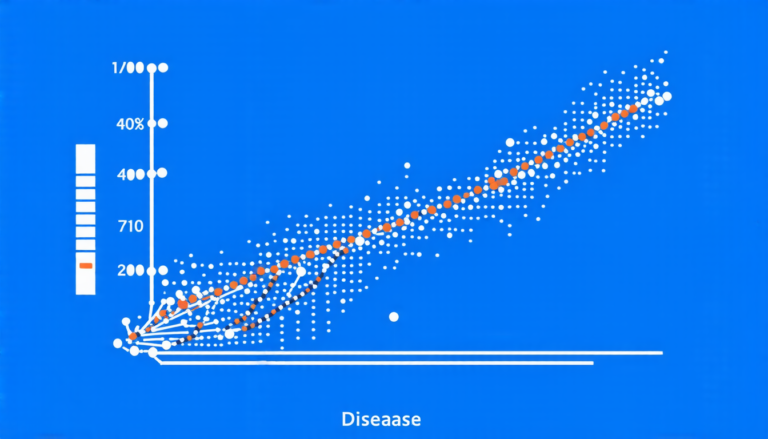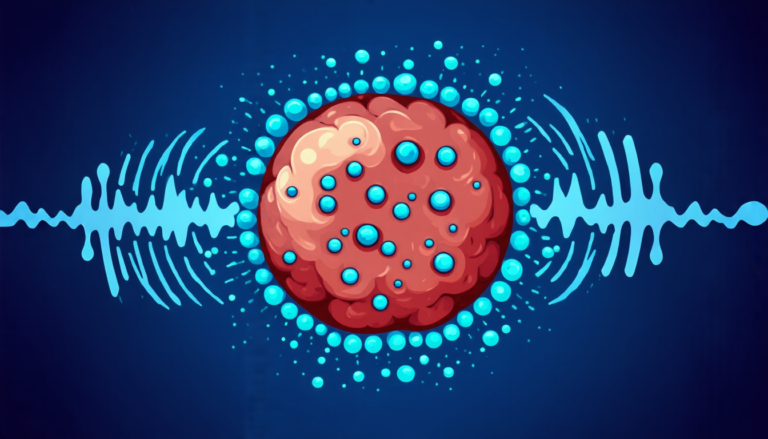Wednesday 16 April 2025
For decades, mathematicians have been fascinated by the concept of provability logic, a branch of mathematics that studies the properties of formal systems. One such system is GLP, a modal logic that allows for non-standard, infinite proofs to be constructed. Researchers have long been interested in understanding the behavior of GLP and its implications on our understanding of logic.
Recently, a team of mathematicians has made significant progress in studying the topological completeness of GLP. Topological completeness refers to the ability of a formal system to capture all possible logical truths within its framework. In other words, if a statement is true in some sense, it should be provable within the system.
The researchers used novel techniques to demonstrate that GLP is indeed topologically complete. This means that any logical truth can be proved using only the rules and axioms of GLP, without requiring external assumptions or additional structures. The significance of this result lies in its implications for our understanding of logic and mathematics.
One of the key insights gained from this study is that GLP’s non-standard proofs play a crucial role in achieving topological completeness. These infinite proofs allow for a more nuanced understanding of logical relationships, enabling the system to capture a wider range of truths than traditional, finite proofs would permit.
The researchers also explored the connections between GLP and other areas of mathematics, such as ordinal analysis and reflection ranks. Ordinal analysis is a technique used to study the complexity of formal systems, while reflection ranks provide a framework for understanding the relationships between different logical structures.
This study has far-reaching implications for our understanding of logic and its applications in computer science, philosophy, and mathematics. By better understanding the properties of GLP, researchers can develop new algorithms and techniques for solving complex problems, as well as gain insights into the fundamental nature of truth and provability.
The topological completeness of GLP is a testament to the power and flexibility of mathematical inquiry. As researchers continue to explore the intricacies of this system, they are uncovering new and unexpected connections between logic, mathematics, and computer science. This work has the potential to reshape our understanding of what it means to be provably true, and its implications will likely be felt across a wide range of disciplines for years to come.
The study’s findings have significant implications for the development of artificial intelligence systems, which rely heavily on logical reasoning to make decisions.
Cite this article: “Unlocking the Secrets of Provability Logic: A Topological Perspective”, The Science Archive, 2025.
Mathematics, Logic, Formal Systems, Provable Truth, Artificial Intelligence, Computer Science, Philosophy, Topological Completeness, Modal Logic, Glp
Reference: Daniyar Shamkanov, “(Non-)well-founded derivations in the provability logic $\mathsf{GLP}$” (2025).







